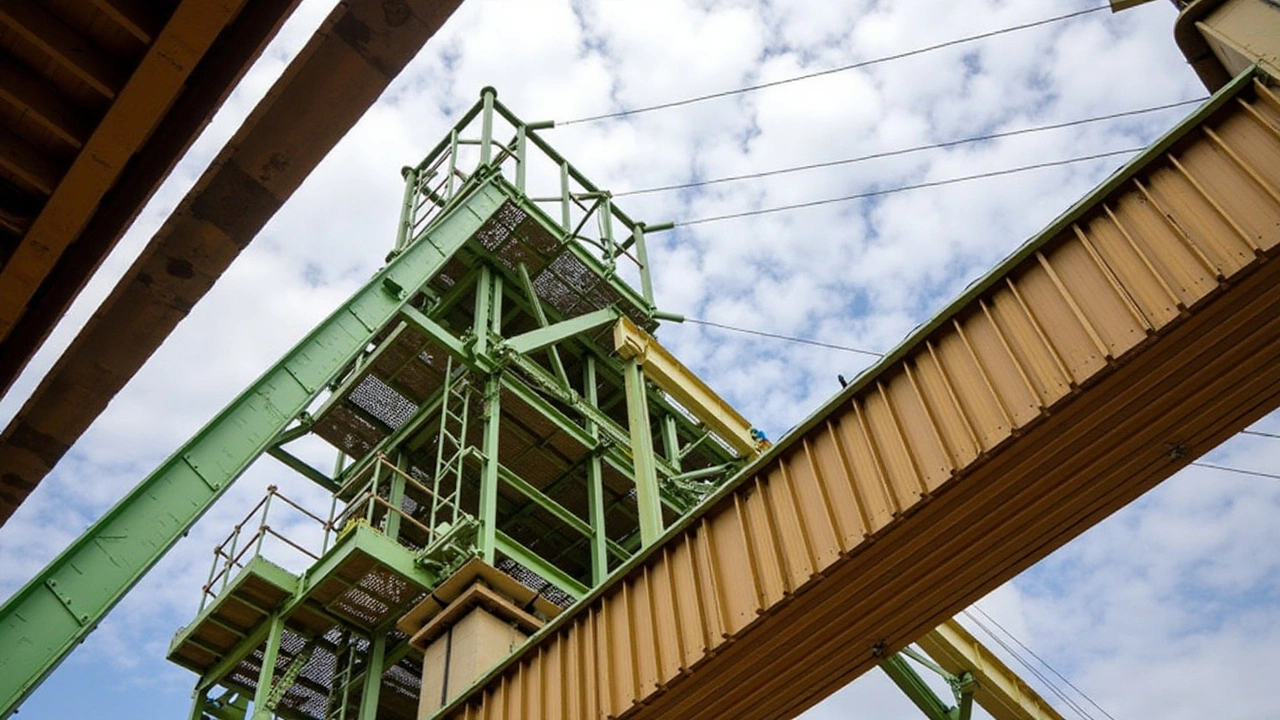Labor Unions in Africa – What’s Happening Right Now
If you’ve ever wondered how workers in Africa are fighting for better pay, safer conditions, or a voice at the bargaining table, you’re in the right place. Across the continent, unions are stepping up, using social media, street protests, and legal battles to push for real change. This guide breaks down why unions matter, what’s happening today, and which stories you should keep an eye on.
Why labor unions matter today
First off, unions give everyday workers a collective megaphone. One lone employee might struggle to get a raise, but a group can negotiate with employers and governments on equal footing. In South Africa, for example, the National Union of Mineworkers recently secured a 5% wage increase for miners after a short strike. That win didn’t just boost paychecks; it reminded companies that safety and fair wages can’t be ignored.
Second, unions help protect rights that might otherwise slip through the cracks. When a factory in Kenya closed without notice, the Kenya Federation of Trade Unions stepped in, filing a legal claim that forced the owners to pay severance and benefits. Cases like this show that unions act as a safety net, especially for workers in informal sectors where contracts are vague.
Key stories you should know
One headline that made waves was the teachers’ walkout in Ghana last month. Over 30,000 educators marched in Accra demanding better classroom resources and timely salary payments. The protest led the Ministry of Education to announce a budget boost for schools, a direct result of the union’s pressure.
In Nigeria, the Nigerian Labour Congress organized a nationwide strike after fuel price hikes threatened household budgets. The strike lasted three days, during which several state-owned enterprises agreed to freeze the new rates while negotiations continued. It’s a reminder that unions can influence policy beyond the workplace.
Even the tech sector isn’t immune. A group of software developers in Tanzania formed a digital workers’ union to address irregular overtime and lack of health benefits. Within weeks, their employer introduced a flexible working policy and upgraded health coverage, showing that new‑economy workers can also benefit from union power.
Beyond strikes, unions are now using data and online platforms to rally support. The South African Transport Union launched a mobile app that lets drivers record wage disputes in real time. The app’s data helped expose a pattern of underpayment across several logistics firms, prompting the Department of Labour to launch investigations.
These examples illustrate a broader trend: African unions are getting smarter, more organized, and more visible. Whether it’s a factory floor, a classroom, or a remote office, workers are finding ways to band together and demand fairness.
So, what does this mean for you? If you’re a worker, know that joining a union can give you access to legal advice, training, and a community that watches out for you. If you’re an employer, seeing unions as partners rather than opponents can lead to smoother negotiations and a more motivated workforce. And if you’re just curious, keep following the stories on Africa Success Daily – we’ll bring you the latest updates, success stories, and practical tips on how labor unions are shaping the future of work on the continent.

6
Nov
Sibanye-Stillwater is deviating from the traditional collective bargaining process in the South African gold sector by opting for independent wage negotiations. The company is pressing forward solo, following unsuccessful talks with labor unions, which marks a significant change in how wage negotiations have historically been handled. This move could set a new standard within the mining industry, potentially resulting in more individualized agreements as opposed to broad industry-wide arrangements.
Read More
